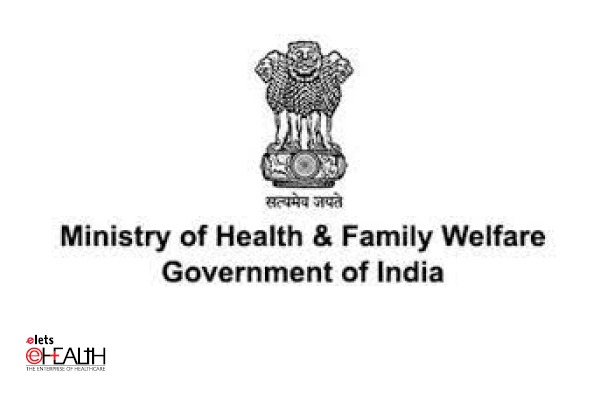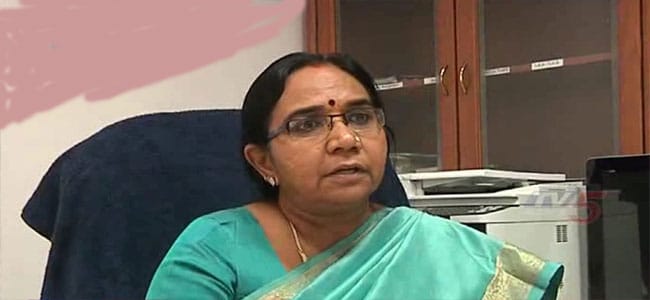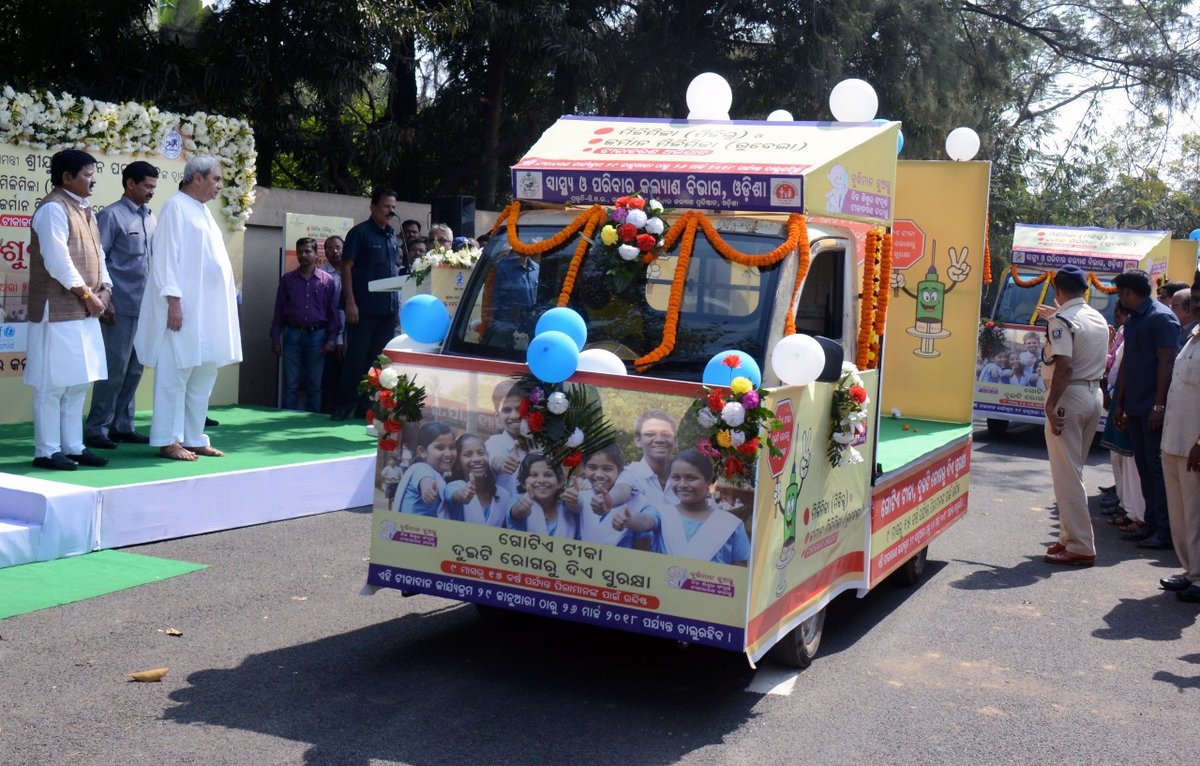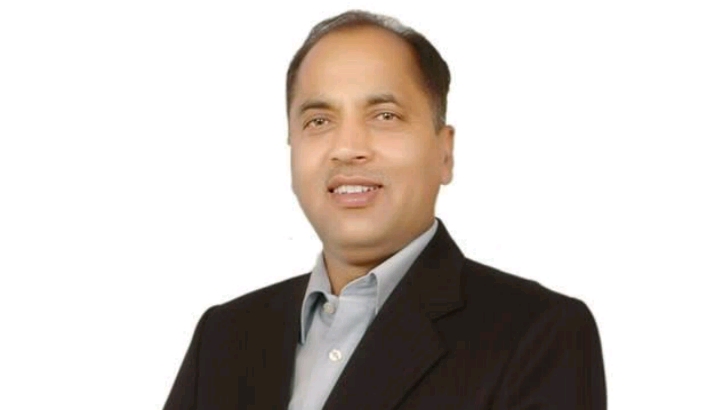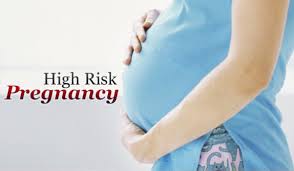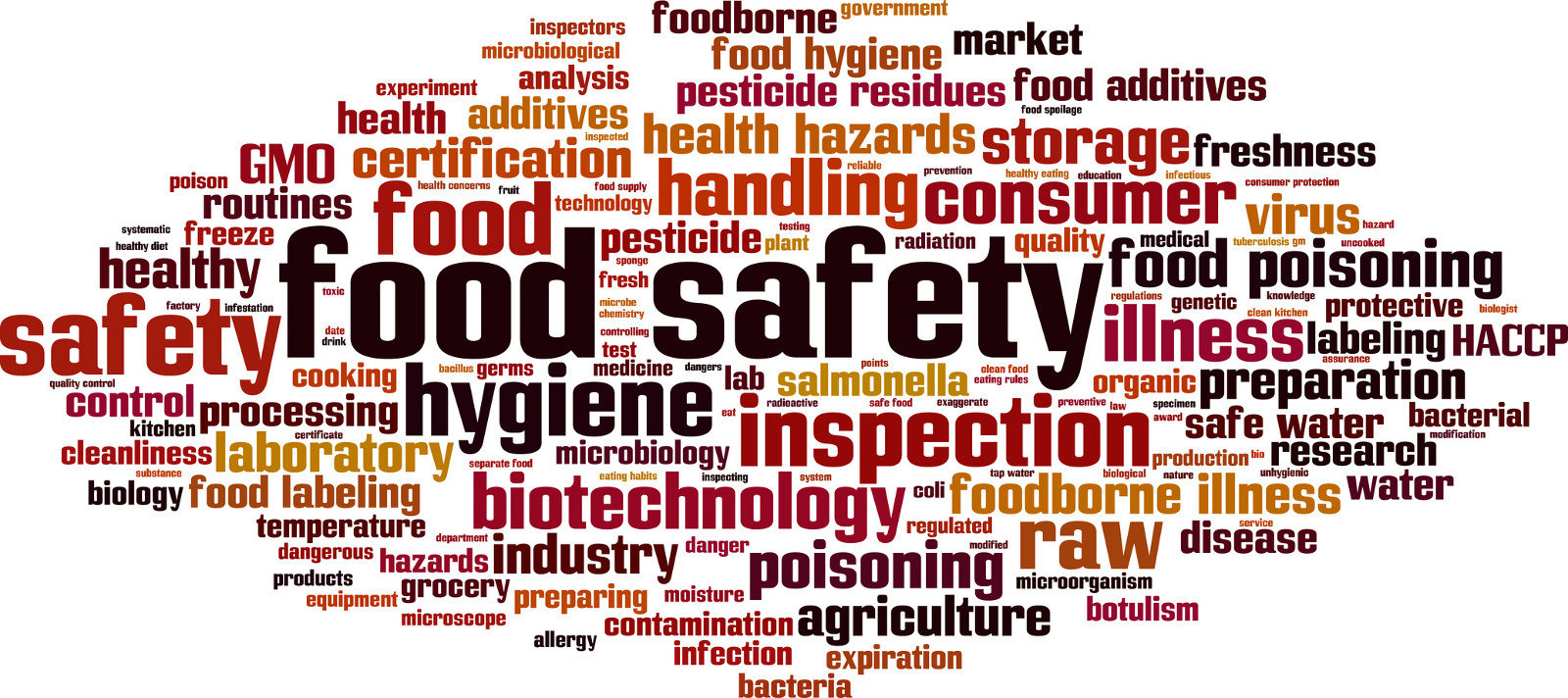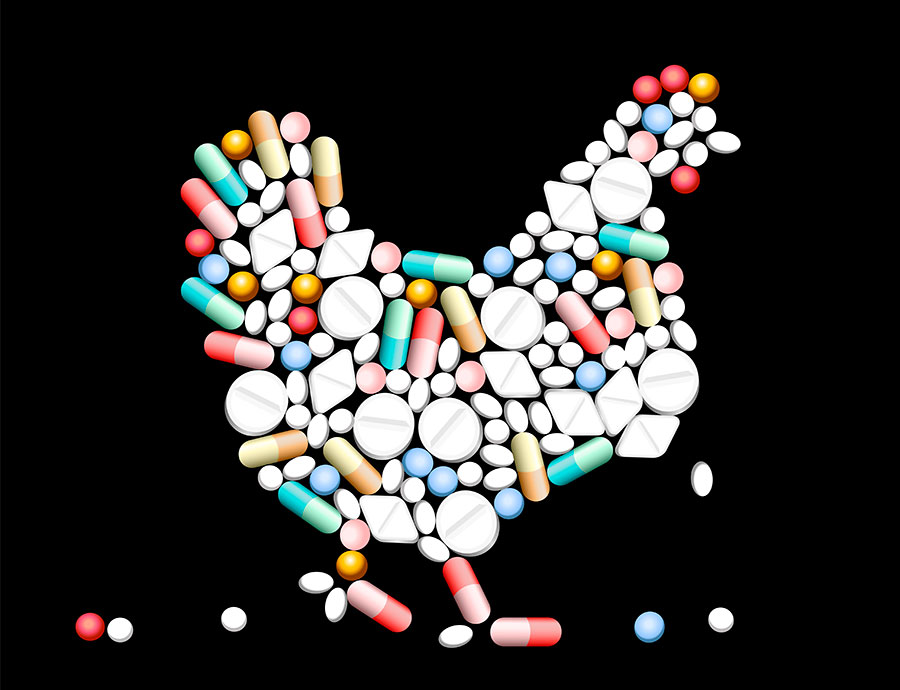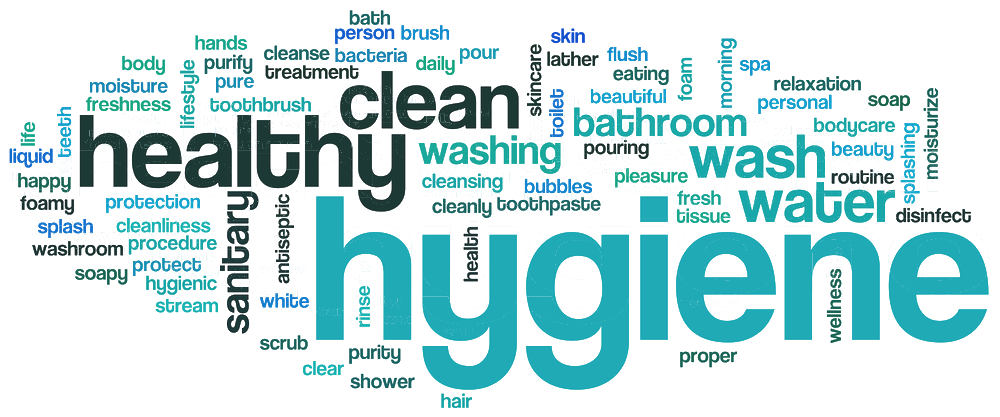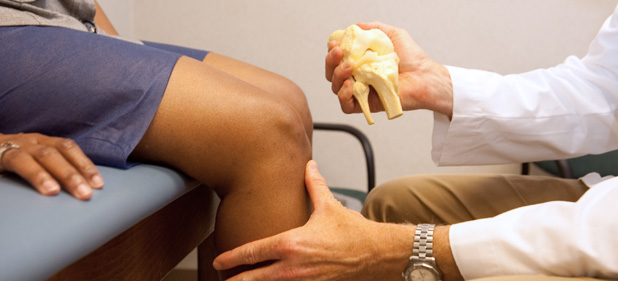60% of households across the EU had internet access in 2008, according to a survey. Across the 27 countries within the EU, household internet access ranges from 25% in Bulgaria to 86% in the Netherlands. Searching for health information remains a popular online activity, accounting for 28% of usage across the 27 countries surveyed. This ranged from 51% in Finland and 46% in the Netherlands, to 6% in Bulgaria and 11% in Romania. The countries with the highest levels of household internet access were the Netherlands, 86%; Sweden, 84%; Denmark, 82%; Luxembourg,80%; and Germany, 75%. The lowest levels were registered in Bulgaria, 25%; Romania, 30%; and Greece, 31%. 48% had access to a broadband internet connection compared with 42% in 2007. The proportion of households with a broadband connection in 2008 was also highest in the Netherlands and Denmark, both with 74% and Sweden on 71%. The survey also examined what people aged between 16-74 had used the internet for in the past three months. Around 30% of those surveyed said they had used internet banking, had interacted with public authorities or searched for health-related information. About a quarter had read online news or ordered goods or services. Around 15% had looked for jobs or sent applications via the internet. European Union member states which had the highest proportions of individuals using the internet for these types of activity were the Netherlands, Denmark, Finland, Sweden and Luxembourg. The full Eurostat survey covers Information and Communication Technologies use by households and by individuals in the EU27 Member States, Norway, Iceland and Croatia.

Be a part of Elets Collaborative Initiatives. Join Us for Upcoming Events and explore business opportunities. Like us on Facebook , connect with us on LinkedIn and follow us on Twitter , Instagram.


